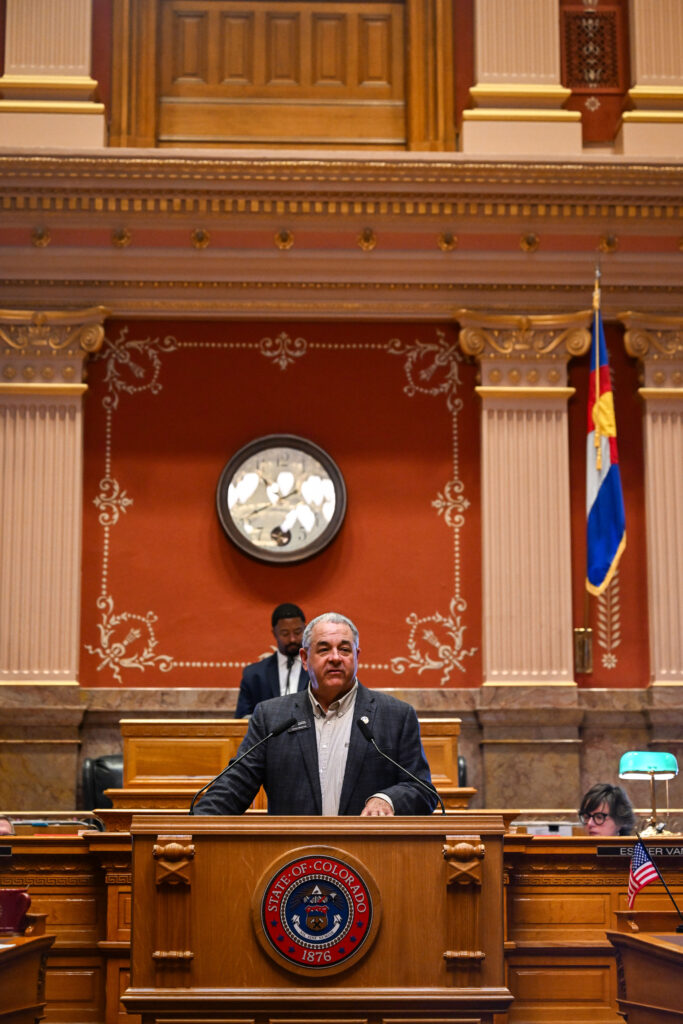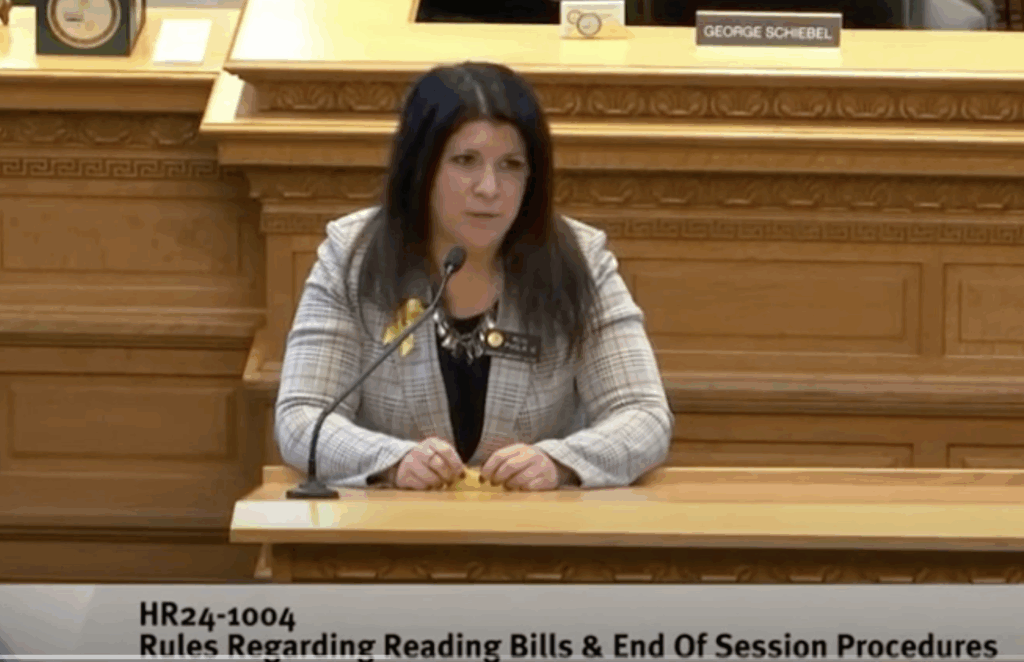House panel approves pot delivery regulations over opposition from minority-owned businesses

A House panel on Thursday gave preliminary approval on broad bipartisan lines to a bill seeking to add regulations to marijuana delivery services over the vehement objections of minority business owners, entrepreneurs and advocates in the marijuana space.
Delivery options for cannabis were first authorized under 2019’s House Bill 1234, which allowed medical marijuana delivery starting in 2020 and recreational cannabis products this year with the permission of local governments. So far, a handful of municipalities have approved medical delivery and only Aurora has approve recreational, though Denver is actively moving in that direction as well.
Polis signs marijuana hospitality bill that Hickenlooper vetoed in 2018
House Bill 21-1159 from Colorado Springs Democratic Rep. Marc Snyder seeks to put “some guardrails and some protections and most importantly, some direction” on the burgeoning marijuana delivery industry created by the 2019 legislation.
“My hope was, back in September when I agreed to take this bill, was that I’d be able to really find that middle sweet spot,” Snyder said during open testimony before the House Business Affairs and Labor Committee.
Snyder’s bill aims to find that sweet spot through several provisions. One requires retail marijuana stores seeking a delivery permit to be open at least five days per week and at least five hours per day, a measure aimed at rooting out “shell storefronts.” A second would tie online platforms directly to specifics stores while a third provision would prevent business operators in either the medical or recreational space from delivering marijuana. The bill also seeks to waive the initial application fee for social equity transporters.
But while Snyder felt a couple of lay-overs and more engagement with stakeholders moved the bill to a better place, Hashim Coats of Black Brown and Red Badged was the first of four minority witnesses to testify in the bill who strongly disagreed. Coats’ organization, where he serves as executive director, represents a coalition of Black and Brown marijuana business owners.
“We simply feel that this bill will do more harm to social equity and Black and Brown-owned businesses than it will do to prevent monster corporations from overtaking the cannabis market,” he said. “Plainly speaking, this bill is too much of a risk to all the work we have done to promote social equity.”
Art Way, the former state director of Drug Policy Alliance, went one step further.
“It’s simply a protection, this bill, for the big players in the industry who are stuck on their brick-and-mortar model,” he told the panel. “For this bill to come a year after we finally established an equity framework with the work of many people including the Marijuana Enforcement Division, the City of Denver, the City of Aurora — I think that’s a slap in the face.
Polis signs social equity bill for Colorado marijuana industry
“To claim that this is about public safety, when it’s nothing more than a bill to protect the interests of the biggest players in the industry, it’s embarrassing.”
But others in the marijuana industry countered it wasn’t big players in the industry that marijuana businesses needed protection from, but rather giant tech firms.
“One of our big things that we like about this bill is that it does provide some protection to ensure that there’s not some kind of a big tech takeover like we’ve seen in just about every other industry,” said Richard Kwesell, who told the panel he owns who owns five retail marijuana businesses scattered across the state.
“If you looked at any shopping mall or any retail district, you can certainly see the effects that multi-billion dollar, big tech delivery platforms and companies have had on other industries.”
That testimony was corroborated by several other witnesses, including representatives Native Roots, the Bricks and Mortar Cannabis Coalition and the Marijuana Industry Group.
“We didn’t want to see an Amazon model that came in and completely ended all of the stores that have invested in their community and all of the work that they’ve put forward,” said Kara Miller, MIG’s government affairs director, in testimony supporting the bill.
Lawmakers on the panel voted overwhelmingly in support of the bill, with each of the panel’s 13 members except for Rep. Patrick Neville, R-Castle Rock, supporting it.
Rep. Shannon Bird, D-Westminster, noted she voted in support of the 2019 bill to initiate marijuana delivery businesses and she said felt it was incumbent upon lawmakers to clarify their intent in that legislation.
“My intent at the time was not to create an opportunity for virtual sales platforms to start direct selling to people who wanted to purchase cannabis products,” she said. “I don’t see that as a second bite at the apple, I think that’s us coming back and doing our job.”
The bill now heads to the House Finance Committee.














